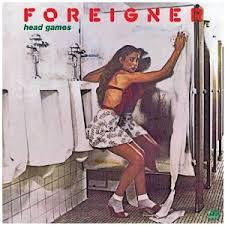 On 5 January 1980, “Head Games“ by Foreigner peaked at #14.
On 5 January 1980, “Head Games“ by Foreigner peaked at #14.
I’m not a big fan of Foreigner; I think a lot of their music sounds a lot alike, and virtually indistinguishable from other arena rock acts that littered the charts throughout the 80s. “Head Games” is as good a track as any to communicate this: Mick Jones belting out strong rambling lyrics over a slow-paced, and yet tense, backing track of chrome-plated power chords and tromping drums. I mean, there isn’t even a proper intro; the song just starts, as if it had always been playing, since the beginning of time, or at least the beginning of the LP. But in the context of everything else going on in 1979 and 1980, I can understand why Foreigner seemed like a big deal, because, frankly folks, this is about as good as it gets.
As predictable as Foreigner is, they’re a smidge better than other classic rock acts at the time and they’re leagues ahead of the disco and easy listening drivel. I said Foreigner is barely indistinguishable from their peers, but they are distinguishable; their key changes aren’t in the obvious places, their lyrics aren’t predictable, even when the situations they’re singing about are. In this song, the lyrics aren’t about how badly the woman treats him, or at least not only about that; they’re about the mental acrobatics the both of them are playing. Even if he’s participating against his will, Mick is playing these head games, and that adds an interesting tension to the song that you don’t often find this high up in the charts. So, keep on keepin’ on, Foreigner; you may not be playing music I like, but you’re at least putting something of moderately greater interest on the charts than most people bargained for from the top 40.


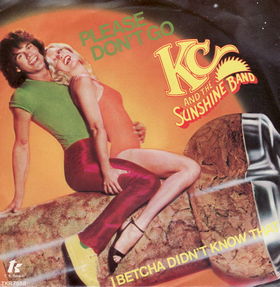
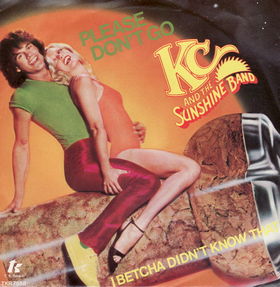
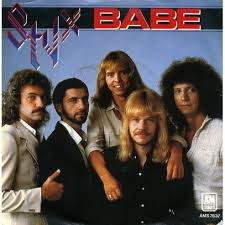
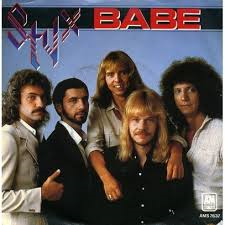 On 5 January 1980, “
On 5 January 1980, “
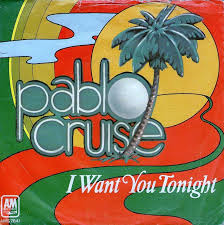 On 5 January 1980, “
On 5 January 1980, “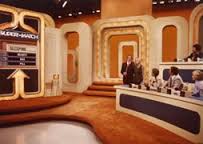

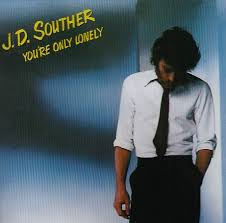 On 5 January 1980, “
On 5 January 1980, “